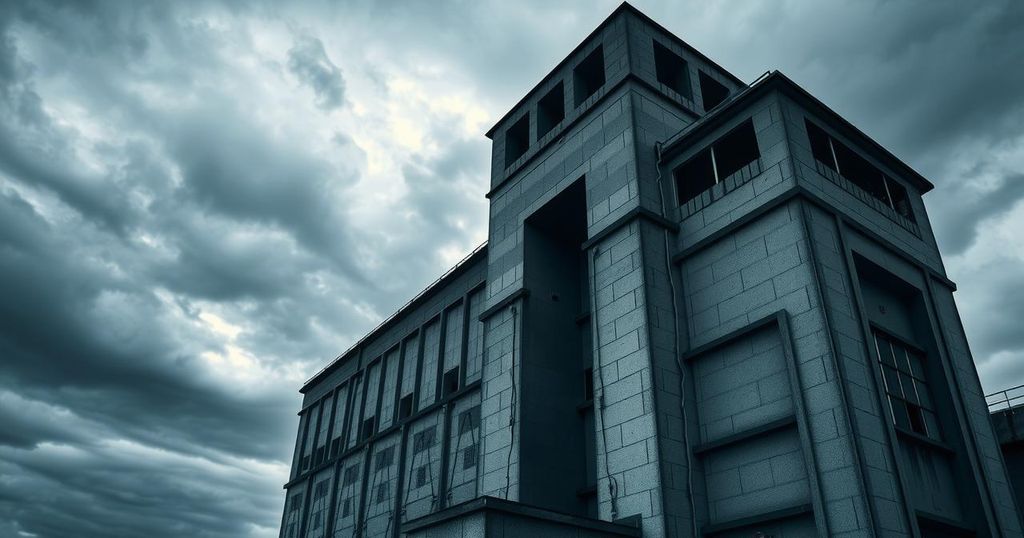El Salvador’s Tough Crime Approach: Spotlight on Largest Prison

El Salvador’s largest prison houses some of the country’s worst criminals as part of a tough government approach to reign in growing gang violence. GOP representatives visiting the facility emphasize its role in the national crime narrative, while critics raise concerns about human rights and systemic injustices tied to such extreme measures.
El Salvador’s largest prison, a facility notorious for housing the most dangerous criminals in the country, has gained attention recently thanks to comments from Republican representatives. As crime in El Salvador has skyrocketed, officials have implemented a controversial crackdown, leading to mass incarcerations. This prison is said to be filled with some of the worst offenders in the nation, a fact cited to emphasize the government’s austere approach to criminal justice.
The facility is now under a microscope, highlighted by political discussions and media coverage that portray it starkly. With reports of extreme conditions and human rights concerns, this prison has become a focal point in debates about public safety and state-driven violence against alleged gang members. Critics argue about the impact of such a strategy on the country’s social fabric.
Republican representatives visiting the prison claimed it reflects the severity of issues faced in El Salvador, including gang violence and corruption. The prison, filled to capacity, has had its own controversies, especially related to health and safety regulations. There’s a growing discourse on whether the government’s draconian measures are a viable answer to high crime rates or merely a temporary fix to a complex problem.
The spotlight on El Salvador’s prison system coincides with rising international scrutiny on human rights policies. Human rights advocates have raised alarms about overcrowding and unsanitary conditions within these facilities. Reports suggest that many incarcerated may not even have committed serious offenses yet are caught in the broad net of a vigorous state crackdown.
As these discussions continue nationally and internationally, El Salvador’s approach to crime and punishment demonstrates a stark contrast to more rehabilitative models seen in other countries. The implications of declaring such a prison as an example of extreme security measures cast a long shadow over the country’s judicial practices moving forward.
While political representatives may applaud the prison as a testament to a tough stance against crime, many critics are wary. They warn that this hardline approach could lead to further violence in a society already struggling with issues of inequality and systemic problems. As the situation evolves, observers will be watching closely to see whether this prison regime yields the safety the government promises or exacerbates existing tensions.
In summary, El Salvador’s largest prison, highlighted by GOP representatives, underscores a critical moment in the country’s struggle with crime and governance. As the government continues its hardline approach to criminal justice, there’s significant concern about human rights and the potential for further violence. The prison stands as a stark representation of a controversial strategy that could define the future of El Salvador’s societal landscape.
Original Source: www.foxnews.com







